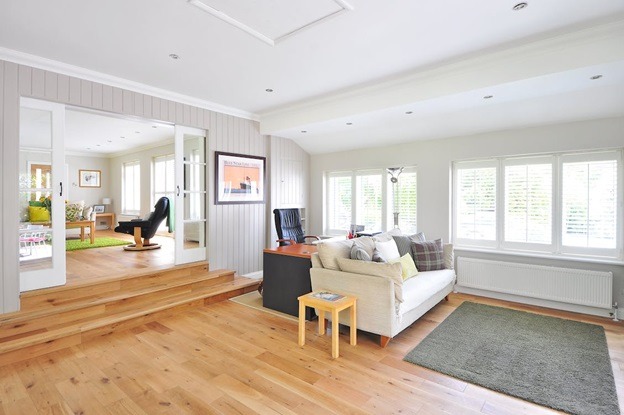Your nest (home) is where you feel the safest. You should relax, feel comfortable, and look forward to returning after a long day. Unfortunately, not all homes are as safe as they could be. Age, poor maintenance, natural disasters, and accidents can make your home unsafe. Here are steps to take to protect your nest.
Keep The Electrical System in Good Condition
Electrical fires are one of the leading causes of house fires. To prevent them, have your electrical system checked by a professional such as Safe Electric every three to five years. If you live in an old home, have it checked more often.
In addition, don’t overload outlets, and be careful not to damage cords or plugs. If you’re using extension cords, go for a non-frayed heavy-duty kind and fix any issues quickly. Watch out for flickering lights, burning smells, or excessive heat from outlets, switches, or cords.
Keep an eye on your electrical panel. If you have a fuse box, know where it is and how to change the fuses. Also, check where a circuit breaker is and how to reset it if it trips. Remember to identify the location of the gas shut-off valve and how to turn it off if there’s a gas leak.
Install Smoke and Carbon Monoxide Detectors
Smoke and carbon monoxide detectors save lives. Install them on every level of your home, near sleeping areas, and outside all bedrooms. Test them monthly, and replace batteries at least once a year. If your detectors are more than ten years old, it’s time to get new ones. Look for units with a long life span and don’t require much maintenance.
Be Prepared for Natural Disasters
Depending on where you live, prepare for hurricanes, earthquakes, tornadoes, or wildfires. Know what types of disasters are common in your area and make a plan. Have an emergency kit ready with food, water, medications, a first-aid kit, cash, a flashlight, and other essentials. Include items for your pets, too.
Make Your Home More Secure
Burglaries happen more often than you know. To deter burglars, keep your home occupied even when you’re away. Use timers for your lights, and invest in a home security system. If you have an alarm system, have it on, especially when you’re away or sleeping.
If you live in a high-crime area, consider security cameras, bars on windows, and a strong deadbolt on doors. Keep your garage door closed, especially if it’s attached to your home. If you have a gun, store it safely and keep the ammunition in a different location.
Invest in an Insurance That Protects Your Home
Accidents can happen no matter how well you take care of your home. That’s why it’s crucial to have insurance that will protect you financially if something goes wrong. Homeowners insurance covers damage to your home and possessions from fires, storms, theft, and more. It also covers you if someone is injured on your property.
Flood insurance is vital if you live in a flood-prone area. It’s not typically included in standard homeowners insurance, so you’ll need to purchase it separately. Consider earthquake insurance if you live in an area prone to these natural disasters.
Keep Upgrading
Your home should be your sanctuary, where you can relax and feel comfortable. To truly enjoy it, you must feel safe. The precautions or steps depend on your family’s needs and the home’s age and location. Keep upgrading to keep your home as safe as possible for everyone.

